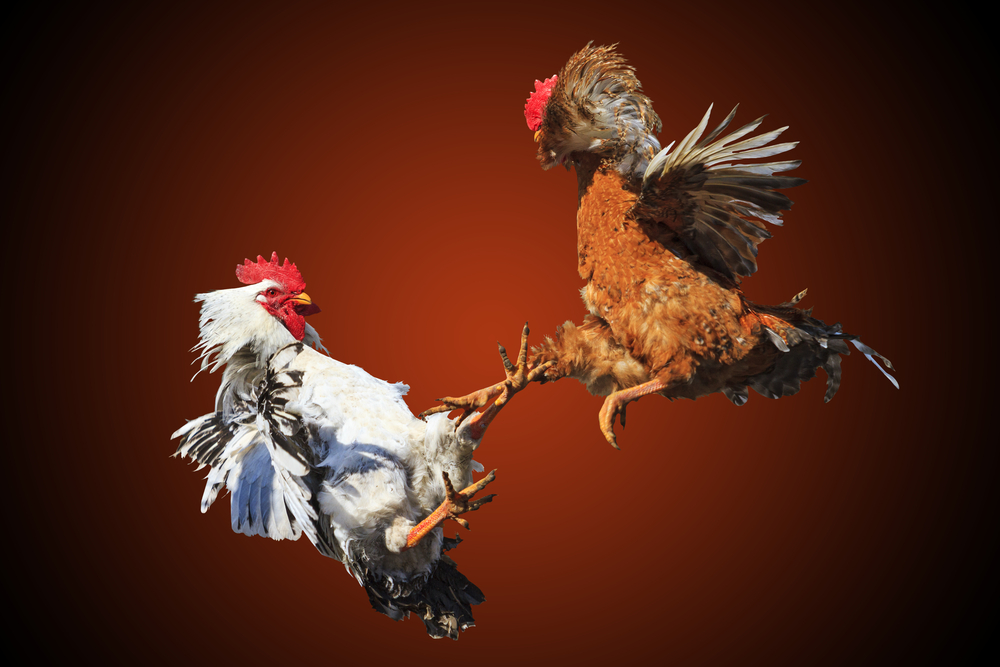By Fowl Means Or Fair, The Philippines Posts Record Gambling Revenues

Like most nations, The Philippines has a long, sometimes controversial, relationship with gambling.
Way back in 1521 when Ferdinand Magellan’s round-the-world naval expedition came ashore on the island of Palawan–before the vast Philippine archipelago was conquered by imperial Spain and later named in honour of King Philip 11–, it was noted by the European usurpers that betting on cockfighting was a favourite sport.
Cockfighting, called “Sabong”, remains legal and vastly popular in The Philippines to this day.
And the tradition of the owner of the victorious cock eating the defeated bird is still going strong.
As such the Philippine Amusement and Gaming Corporation, best known by its acronym, PAGCOR, has every right to treat itself to a splendid spicy roast chicken dinner given its sterling performance in the first nine months of this year, ending September 30.
Both regulator and operator, PAGCOR has posted revenue of PHP55.95 billion (£776.48m/US$980m), up 32.4 percent, year-on-year, and post-tax profit of PHP37.1 billion (£515.01/US$650m) — up 42.8 percent over the same period last year.
Founded in 1976, PAGCOR not only authorises and licences gambling in the southeast Asian island nation of 116.5 million people, but also operates 41 land casinos and gaming parlours of its own, half of them in the Metro Manila capital and the remaining located in the Central Luzon, Calabarzon and Visayas regions.
Demi-monde
This dual role has led to allegations of a conflict of interest in the past, and arguably has boosted the growth of notorious Filipino-based off-shore operators–called POGOs–who dominate the southeast Asian gambling demi-monde.
Earlier this year, in a bid to quieten discord, PAGOR Chair and CEO Alejandro Tengco affirmed that his organisation would soon be selling its casinos and reform as a pure regulatory body.
“We are seriously considering privatisation of all PAGCOR-operated casinos,” Tengco told the ASEAN Gaming Summit.
“It is my hope we will be able to implement privatisation during my term [which ends in 2028].”
But with the Filipino gambling scene since boosted by the post-pandemic return of Chinese, Thai and South Korean “whales”, and the announcement by new President Ferdinand “Bongbong” Marcos Jnr. that the state–if anything–is now poised to expand its gambling presence and launch iGaming operations, such modesty seems to have been shelved.
Perhaps the taste of Chicken Adobo is just too compelling.














